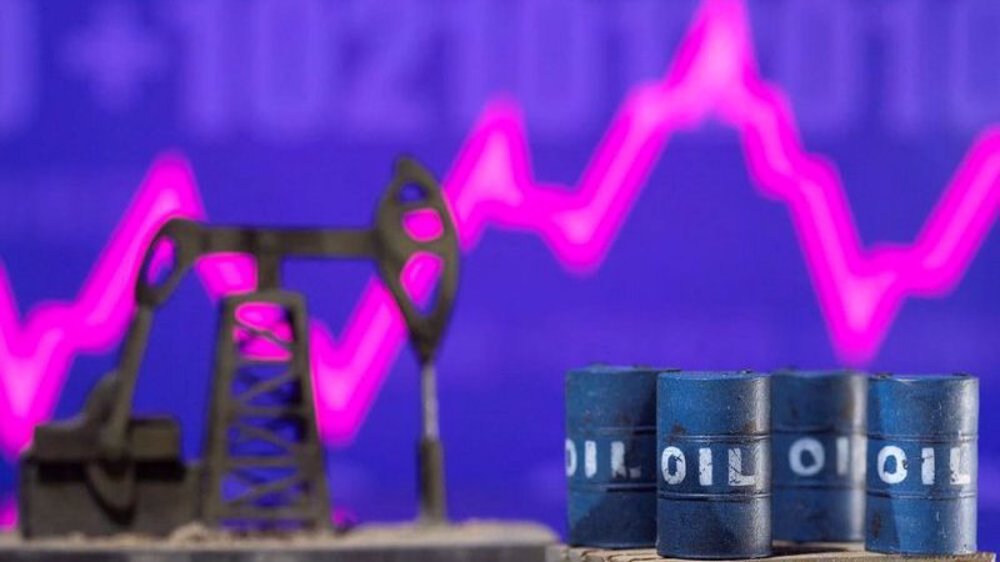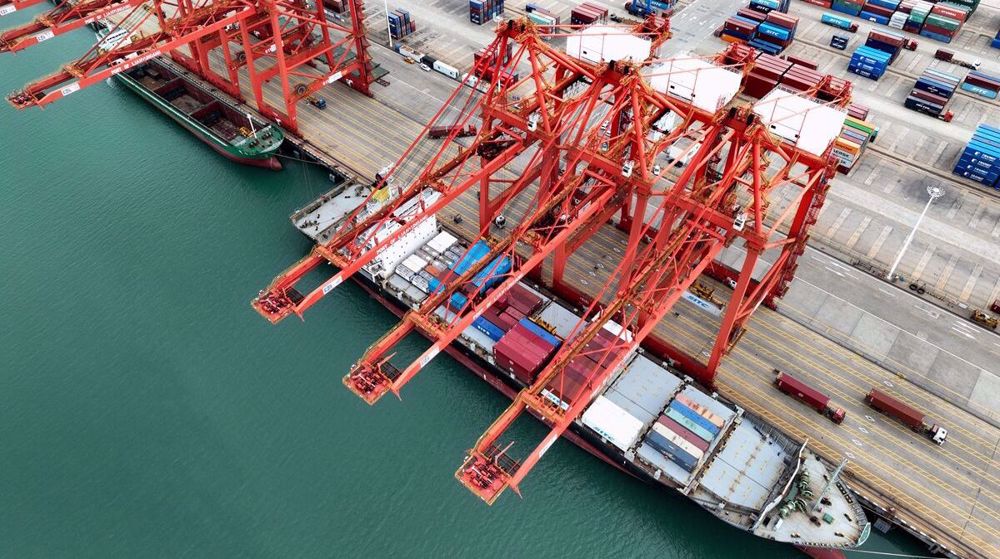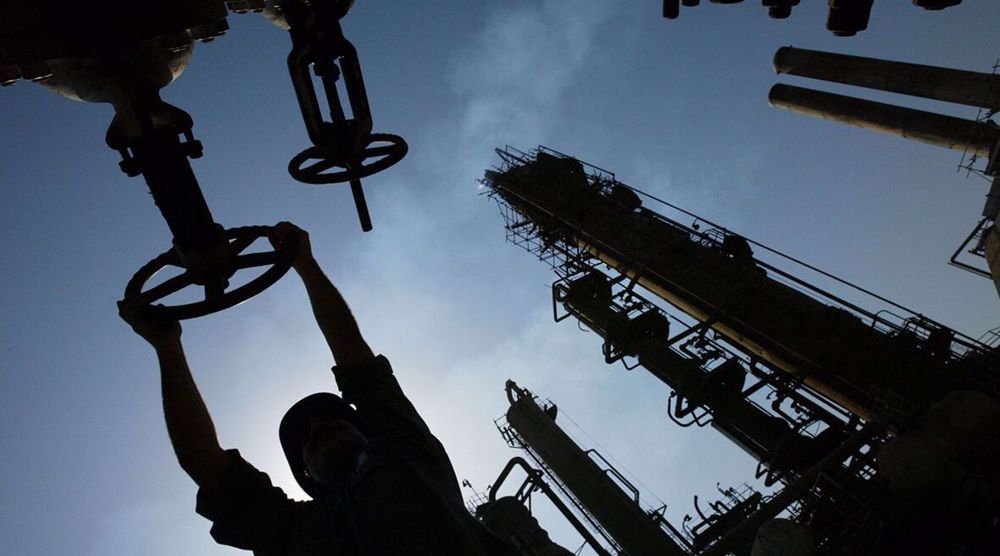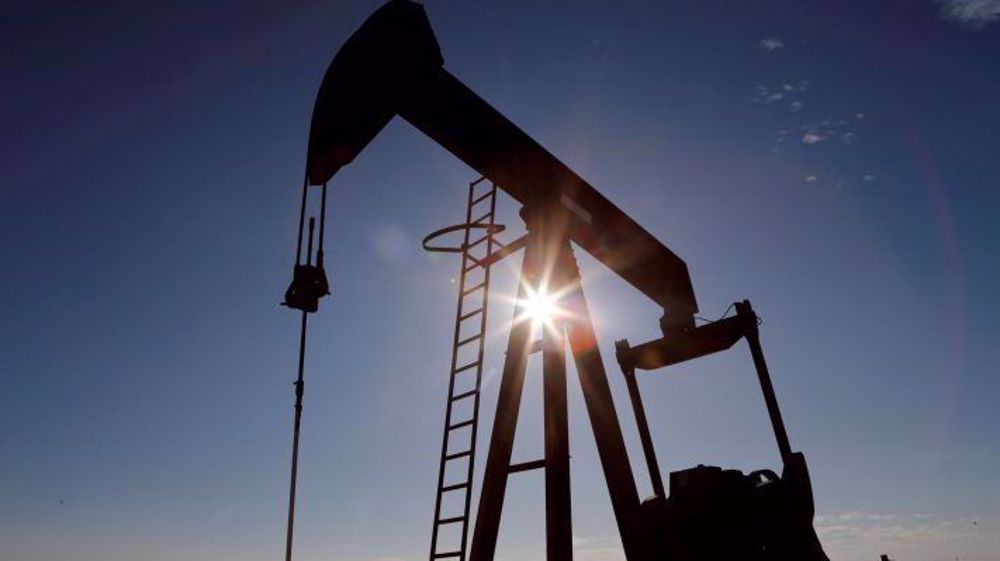EU tentatively agrees $60 price cap on Russian seaborne oil: Document
European Union governments tentatively agreed on Thursday on a $60 a barrel price cap on Russian seaborne oil - an idea of the Group of Seven (G7) nations - with an adjustment mechanism to keep the cap at 5% below the market price, a document seen by Reuters showed.
The agreement still needs to be approved by all EU governments in a written procedure by Friday. EU countries have wrangled for days over the details - with Poland pushing for the cap to be as low as possible to slash Russia's income from selling the fossil fuel.
The initial G7 proposal last week was for a price cap of $65-$70 per barrel with no adjustment mechanism.
Since Russian Urals crude already traded lower, Poland, Lithuania and Estonia rejected that level as not achieving the main objective of reducing Moscow's ability to finance its war in Ukraine.
“The price cap is set at $60 with a provision to keep it 5% below market price for Russian crude, based on IEA figures,” an EU diplomat said.
An EU document seen by Reuters showed the price cap would be reviewed in mid-January and every two months after that, to assess how the scheme is functioning and respond to possible “turbulences” in the oil market that occur as a result.
The document said a 45-day “transitional period” would apply to vessels carrying Russian-origin crude oil that was loaded before December 5 and unloaded at its final destination by January 19, 2023.
Russian Urals crude had traded at around $70 a barrel on Thursday afternoon.
The G7 price cap on Russian seaborne crude oil is to kick in on December 5, replacing the harsher EU outright ban on buying Russian seaborne crude, as a way to safeguard global oil supply because Russia produces 10% of the world's oil.
The idea to enforce the G7 cap is to prohibit shipping, insurance and re-insurance companies from handling cargoes of Russian crude around the globe, unless it is sold for less than the price set by the G7 and its allies.
Because the world's key shipping and insurance firms are based in G7 countries, the price cap would make it very difficult for Moscow to sell its oil for a higher price.
(Source: Reuters)

Oil prices climb despite trade war concerns

China launches WTO dispute over Trump tariffs

Oil slightly down ahead of OPEC+ decision
Israel escalates West Bank raids as official says regime seeking to complete Gaza genocide
Australian senator smeared by anti-Iran groups for saying Iranian women have a voice
Palestinian man dies in Israeli prison as Foreign Ministry urges intl. probe into regime’s crimes
Putin says not opposed to Europeans’ involvement in Ukraine talks
VIDEO | Iranian Kurdish protesters demand European action against PKK, PJAK terror
VIDEO | Israel expands offensive in northern West Bank, deploys tanks to Jenin
VIDEO | Spaniards fill streets of Cádiz in solidarity with Palestine
VIDEO | ‘Genocidal war left al-Shati camp in ruins’







 This makes it easy to access the Press TV website
This makes it easy to access the Press TV website